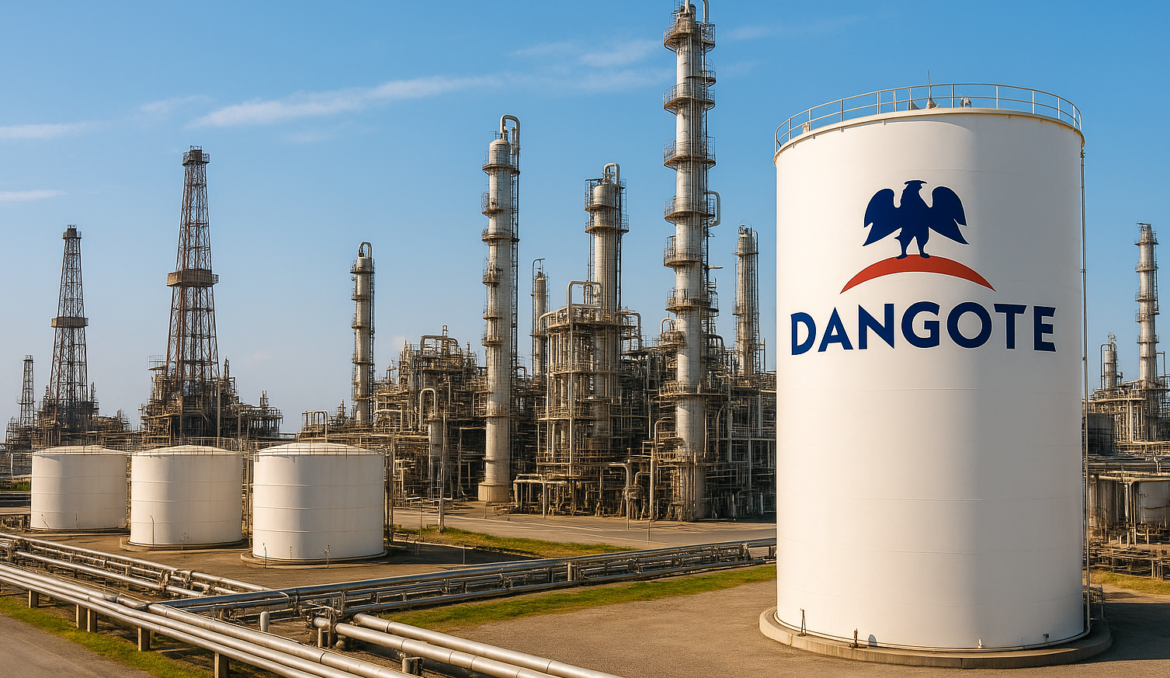A scion of the wealthy Dantata family, Aliko Mohammad Dangote was born on 10 April 1957, in Kano, Kano State, Nigeria. His name, “Aliko,” was given to him by his maternal grandfather, Sanusi Dantata, which means “the victorious one who defends humanity.” The meaning of his name may be the reason why Aliko Dangote has become the champion of an African renaissance, to liberate Africa from being dependent on external sources while creating wealth within the continent.
His foray into business started with trading as was the custom with his family and through his business prowess and his ability to hobnob with successive governments, he was able to build his trading business into a conglomerate that imported and sold various consumer goods such as sugar, salt, rice, flour, pasta and cement.
His first major stint at manufacturing was with the building of his sugar refinery which gave him a competitive edge over other sugar importers in the lucrative sugar trade. Prior to that, he had become one of the biggest cement importers in the country and it was in the cement trade that he had the game changing opportunity that catapulted him to become Africa’s richest man.
Worried about the huge annual cement import bill of $3 billion, which Nigeria spent every year on importing cement, the then President Obasanjo invited all the major cement importers in the country to encourage them to produce locally instead of importing a product that all the materials needed to produce, where available locally.
The meeting led to the drafting of a cement industry policy in which a number of incentives were given to encourage local manufacturing of cement. Being one of the key people who drafted the policy and with his insight into the potential of the Nigerian market, Aliko Dangote ran with it and invested massively in cement manufacturing in the country. With his massive investment, he was able to leapfrog the French giant, Lafarge, as the biggest player in the Nigerian cement market.
With the runaway success of his cement factories in Nigeria, Dangote set his sights on the rest of the African continent as he realized that most countries in Africa still depended on countries outside Africa for their cement needs. This resulted in Dangote building cement factories in other African countries to dominate the African cement market in the process of emerging as the richest man on the continent.
His foray into building cement plants across the African continent changed his perspective from a Nigerian focused one to one focused on the whole of the African continent so when he decided to build his petroleum refinery, petrochemical and fertilizer plants, he decided to build one that would not only cater for the Nigerian market but would also service a significant part of the African market and this led him to build the largest single train refinery in the world.
With his focus on Africa, Dangote has been able to see many untapped opportunities within the continent, and he has taken it upon himself to champion the industrial revolution of the continent, while he encourages other Africans to join the fray.
In his quest to industrialize Africa, through his conglomerate, Dangote Group, he has invested heavily in various sectors, including cement, sugar, salt, flour, and more recently, oil refining and fertilizer production. More specifically, Dangote has invested $20 billion in building Africa’s largest oil refinery and petrochemical plant, which began production in January 2024. The refinery can process 650,000 barrels of crude oil daily, producing aviation fuel, diesel, gasoline, and other refined products for local consumption and exports to other African countries.
Dangote’s $2.5 billion fertilizer plant aims to make Africa self-sufficient in fertilizer production within 40 months, reducing reliance on imports and saving billions in foreign exchange. The plant currently produces 3 million tons of urea annually, with plans to double production. In cement manufacturing, Dangote Cement, with operations in 10 countries, has a production capacity of 52 million tonnes, benefiting from Africa’s rapid urbanization.
Dangote also recently signed an agreement with the Ethiopian government to build a $3 billion fertilizer factory in the country, which will cater to fertilizer needs in Ethiopia and other countries in the region, which would go a long way to enhance food security in the region.
Dangote’s investments have had a significant impact on Africa’s economy, through job creation, reducing imports while increasing exports and positively shifting the continent’s balance of trade in the process, and also diversifying Africa’s economy while creating wealth for thousands of people across the continent.
Dangote has also called for increased investments in Africa to foster rapid growth and development. He believes that strategic investments in industries such as manufacturing and processing can propel Africa’s economic transformation.
Overall, Dangote’s quest to industrialize Africa is a significant step towards transforming the continent’s economy. His clarion call to other Africans and his investments in various sectors are expected to drive economic growth, create jobs, and reduce reliance on imports in the quest to make Africa more self-dependent.
Oshobi, a development economist, management consultant, and author, writes from Lagos, Nigeria.

